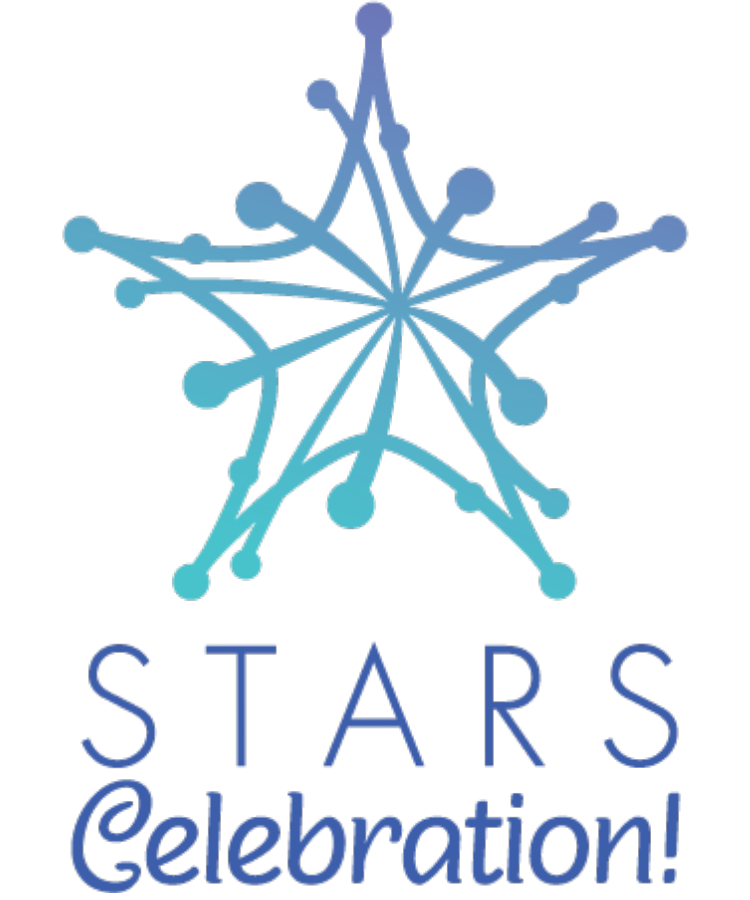Dr. Evie Powell
STARS Alumni Keynote Speaker
Dr. Evie Powell is a games researcher and developer specializing in immersive interactions and prototype design. Before becoming the lead UI developer at Proprio Vision she founded Verge of Brilliance LLC, an independent experimental games studio in Seattle, and worked at Microsoft on natural user interfaces and the Kinect technology at Xbox. With a unique career bridging gaming and healthcare, Dr. Powell integrates game design and UX design to create meaningful experiences that help people learn, play, and work differently. At Proprio her focus is on anticipating how surgeons think and designing a suite of tools to empower them to think and perform optimally. Dr. Powell graduated from The University of North Carolina at Charlotte with her Ph.D in Computer Science where her research centered on socially pervasive game experiences and context aware gaming using mobile technologies.
Dr. Nicki Washington
STARS Celebration Featured Faculty Speaker

Dr. Nicki Washington is a professor of the practice of computer science at Duke University and the author of Unapologetically Dope: Lessons for Black Women and Girls on Surviving and Thriving in the Tech Field. She is a graduate of Johnson C. Smith University (B.S., ‘00) and North Carolina State University (M.S., ’02; Ph.D., ’05), becoming the first Black woman to earn a Ph.D. at the university and 2019 Computer Science Hall of Fame Inductee. Her career in higher education began at Howard University as the first Black female faculty member in the Department of Computer Science. Her professional experience also includes Winthrop University, The Aerospace Corporation, and IBM.
Recognized as one of Essence Magazine’s “Essence Tech Stars: 15 Black Women Disrupting the Tech Industry,” Dr. Washington has led partnerships with the Howard University Middle School of Math and Science, Google, Exploring Computer Science, and Washington, DC Public Schools to introduce computer science courses and teacher professional development across Washington, DC high schools. She was a lead writer for the K-12 CS Framework (led by Code.org) and South Carolina K-12 Computer Science and Digital Literacy Standards. Her efforts in K-12 CS education have directly impacted approximately 10 million K-12 students and thousands of educators in over 20 states and Washington, DC, and they will continue to impact more nationwide as additional states develop K-12 CS standards.
At the undergraduate and industry levels, Dr. Washington’s efforts to recruit and retain students/graduates of color in computing include creating and implementing the first Googler-in-Residence program at Howard University in 2013. This project led to implementations of Googlers-in-Residence at other HBCUs (including Morehouse, Spelman, NC A&T, Fisk, and Hampton). Her current work focuses on addressing the diversity, equity, and inclusion issues in the tech industry by measuring and improving the cultural competence of students in undergraduate computing departments nationwide, including the development of assessments and courses dedicated to this work.
Dr. Kinnis Gosha
STARS Alumni Panel Moderator

Dr. Kinnis Gosha (Go-Shay) is an Hortenius I. Chenault Endowed Associate Professor in the Department of Computer Science and the Director of the Culturally Relevant Computing Lab at Morehouse College. He received his Ph.D. in Human-Centered Computing from Clemson University and was the inaugural graduate for the program, as well as the first African American to obtain a doctoral degree in Human-Centered Computing. He also holds an M.S. from Auburn University and a B.S. from Albany State University.
Dr. Gosha has received numerous awards and honors including the Clemson University Outstanding Ph.D. Student in Human Centered Computing Award, a R.C. Edwards Graduate Fellowship, a George MacDonald Graduate Fellowship, the Clemson Alumni Graduate Fellowship, the Southeast Alliance for Graduate Education and the Professoriate (SEAGEP) Fellowship, a Southern Regional Educational Board (SREB) Doctoral Scholar Award, the IEEE Services Society Certified Services Computing Instructor Certificate, Auburn University President’s Graduate Opportunity Program (PGOP) Award, and he is a recipient of the Arthur M. Spiro Institute for Entrepreneurial Leadership Technology Entrepreneurship Certificate.
Dr. Gosha’s primary research interests include expanding computer science education, broadening participation in computing, green computing, and culturally relevant computing. Undergraduate researchers in his lab, the Culturally Relevant Computing Lab, investigate research problems centered on creating innovative computing technologies to solve cultural problems and issues. Applications of his research include robotics, avatars, and video games. He owns Gosha Technologies, a website development company started in 2005. Dr. Gosha has published more than 60 peer-reviewed publications and two book chapters. He has several funded grant proposals from industry and government (including the National Science Foundation) totaling over twenty million dollars.
Dr. Veronica Catete
STARS Alumni Panelist
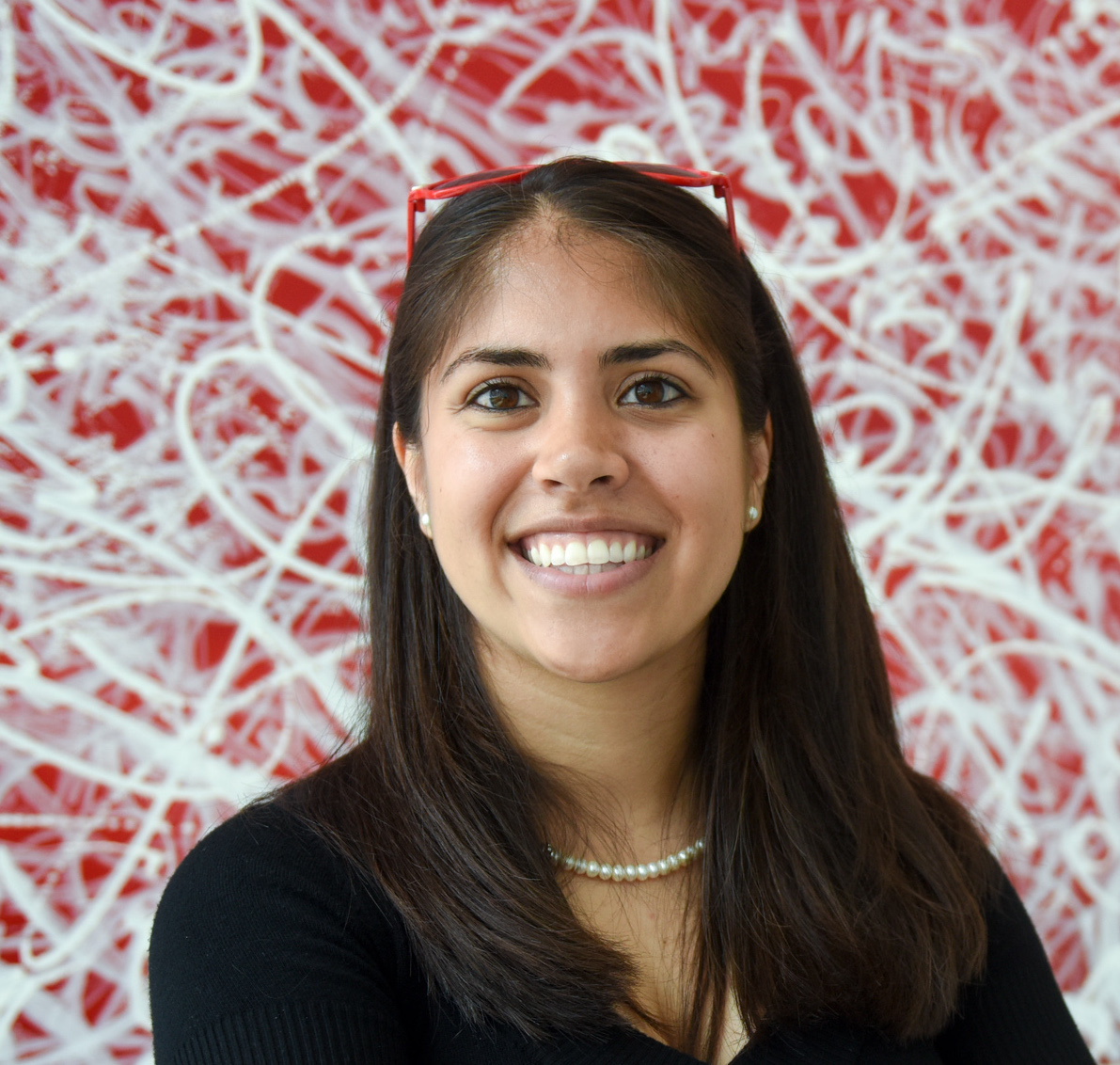
Dr. Veronica Catete is a Research Scientist in the Department of Computer Science at North Carolina State University, where she received my B.S. and Ph.D. degrees in Computer Science. She received my Masters degree in Computer Science from the University of North Carolina at Charlotte with a concentration in mobile game development. Her overall goal has been on improving K-12 education through computing. Dr. Catete’s earlier work involved evaluating ways to determine affect in intelligent game-based learning environments, then moved on to developing platforms for social game-based learning (both programming and human networking skills).
Dr. Catete’s current research interests address teacher training and curriculum development for computing education. Her dissertation work focused on developing support mechanisms for novice computing teachers assessing high school programming labs, which was recognized with back-to-back Best Paper awards at the international conference on Innovation and Technology in Computer Science Education. Since then, she have been working to incorporate computing and computational thinking into core classes. This research looks into a faded scaffolding approach to both teacher professional development and student activities. This work is assessed using a mixed methods CEO model of intelligent code traces, exit ticket feedback, and formalized field observations.
In addition to her academic research path, Dr. Catete has been leading computer science outreach to middle school students since January 2009. She has been able to pilot ideas and develop new insights into computing education research. Her outreach efforts have grown from one local middle school to over 1000 students across North Carolina. Internationally, she is a member of NCSU’s Global Engagement Institute, where she works with Mothering Across Continents to assess hands on computational thinking and engineering design cycles with rural secondary schools in Rwanda developing teacher PD and local sustainability teams.
Katelyn Doran
STARS Alumni Panelist
Katie Doran is a people manager and Technical Program Manager at Facebook Reality Labs – Research where she enables teams to realize the future of AR and VR. Katie was previously at Amazon (Alexa and Cloud Drive) and Microsoft (HoloLens) and is a proud PhD dropout. Katie struggles with bios and writing about herself in the 3rd person, but absolutely adores opportunities to connect with new people. Katie is particularly passionate about career growth and organizational mental models and would love to chat with people on these topics. Outside of work, Katie lives in the fabulous Pacific Northwest and spends her non-work time outside running, hiking, and (very recently) kayaking.
Omar Ali
STARS K12 CS Ed Panelist
Omar Ali is a graduate of Temple University and Warsaw University of Technology. At the Warsaw University of Technology he graduated with MS in Electrical Engineering specializing in electrical power and machine building with minor in computer science focusing on scientific visualization. His work focused on simulators for computing and electrical engineering education. He built an Arc Furnace Simulator and did research in Scientific Visualization. He is also a graduate from Temple University School of Education, where he graduated with MSED in Industrial Training. His whole career life has been dedicated to electrical engineering, technology and computer science. Currently, Omar teaches Video Game Development and AP Computer Science Principles at the School District of Philadelphia where he is the NEHS 2019 Lindback Foundation Distinguished Teaching Award Recipient. He focuses his effort on training students and encouraging minorities to be interested in Science, Technology, Engineering and Math (STEM) with the help of National and International Organizations such as STARS, CMD-IT and CSTA at the local and national chapter level.
Omar enjoys studying emerging technology such as new approaches in Artificial Intelligence, Big Data, Data Mining, and Machine Learning especially deep learning that are utilized in computer and power systems as well as video game development. He also has interests in computer networks and cyber security, especially in regards to distributed systems, cryptography and social hacking. His other professional interests lay in Renewable Energy, Computer Science Education, video game development with Unity and computational thinking in general. His most recent researches in video game development are Experiments in Map Generation Using Hidden Markov Model, Artificial Intelligence Utilizing the StarCraft Game and scientific visualization in electrical systems. Most current Omar’s research is in Distracted Driving to learn more about the subject and improve computer science education by collecting data, use machine learning and artificial intelligence through the results of this research.
Omar is also a philanthropist. He is currently the Chairman of the Zanzibar Diaspora Association. An organization he co-found with other members of the Zanzibar Diaspora. Additionally, he is involved in Scouts International, where he also helps inner city children get exposed to STEM. In his spare time, he enjoys traveling, camping and discovering new places especially if he can swim at the destination.
Danica Pascavage
STARS K12 CS Education Panelist
Danica was a technical instructor for 18 years, beginning her career at IBM. She created and taught courses throughout the United States, focusing on AIX System Administration and Shell Scripting. After working at IBM, she began teaching Red Hat Linux classes. Danica was elated when she learned about TechGirlz’s mission. After taking her daughter to a workshop, she was hooked and volunteered to teach her first TechGirlz workshop in 2015.
Danica remembers being the only girl in her high school computer programming and physics class and one of the few females in her college STEM classes. When she taught for IBM and RedHat she was usually the only woman in a room full of male students. She would love to see the gender gap reduced by introducing the next generation of girls to the many careers available in the world of technology.
Danica has a BS in Mathematics from University of Maryland and an MS in Education from Gwynedd Mercy University. In her free time she enjoys volunteering in the community, gardening, and coaching lacrosse and gymnastics.
Dr. Cheryl Seals
STARS K12 CS Education Panelist
Cheryl Denise Seals is an Alumnus of Grambling State University, North Carolina A&T State University, and received her Ph.D. from Virginia Tech. Dr. Seals has been on the faculty of Computer Science and Software Engineering (CSSE) at Auburn University since 2003 as an assistant, associate and now as a professor of Computer Science & Software Engineering. She has taught and developed eight courses during her tenure and dozens of software systems through iterative development and participatory design related to her background in Human Computer Interaction and Usability Evaluation. Dr. Seals has been involved in over a dozen studies of novice programmer computer communities through user interface evaluation. She is practiced in methods needed to evaluate and illicit participatory feedback from novice and academic audiences. Her participatory design research with teacher populations has led to the creation of animated simulations to support Spectrum Education for pre-service teacher education and another project supports a community of Communications faculty to improve their pedagogy and student experience. Some of her recent projects involve online learning, Advanced Learning Technologies and enhancing Virtual Reality.
Dr. Seals works with many programs focused on improving Diversity in computer science education at all levels and to increase the computing pipeline by cultivating students’ interest in STEM disciplines and future technology careers. Dr. Seals also leads programs supporting Broadening Participation in Computing (BPC), including through the STARS Computing Corps alliance. Through her leadership in STARS, Dr. Seals and her students have provided over 2500 hours per year of community outreach service to K-12 schools, with over 25000 hours of community outreach to 7 local schools in Auburn City and Opelika School systems. Dr. Seals and her STARS student ambassadors provided CSSE peer tutoring for over 12 years for greater than 40 hours per week, opportunities for service learning, and undergraduate student research opportunities for students. Dr. Seals is also a Co-Principal Investigator of IAAMCS “I-am-CS” Alliance, which works also to increasing the computing pipeline and further develop an ecosystem that creates opportunities for African American students to learn more about research and academic careers, through summer and academic year research experience and research training. IAAMCS facilitates mentoring, computing research, and skill building for undergraduates and graduate students and provides an annual BPC conference NSBC.org (the National Society of Blacks in Computing).
With respect to support of diversity at Auburn, Dr. Seals has been member of the Alabama power Academic Excellent Advisory Board for over10 years and with this program. Dr. Seals was also the interim director of the program for 18 months and through this served a the scholarship manager for the scholarship program as a liaison between industry, alumni and development to garner funds to support over 300 students with professional development programming and processing awards for over 150 of these students. Dr. Seals continues to support this program in a monthly capacity through mentoring, undergraduate students research, support summer bridge program, Faculty Panels, Advisory committee, STEM visitation Days, Department Discussions representative, Hosting high school visitors from AEP and Auburn VIP (Very Important Tigers, Camp War Eagle support of AEP at war eagle student seminar, teaching during summer engineering bridge program for over 10 years, attending AEP Closing Ceremony for Annual Awards and Summer Bridge Closing Ceremony. Based on the time that she has devoted to the program, program leadership and program students, she has been awarded in 2016-2017 with the Above and Beyond award and in 2018-2029 she was awarded with the mentor of the year award.
Mikaylah Gross
STARS K12 CS Education Panelist
Mikaylah Gross is a Senior Human Factors Engineer at Eli Lilly and Company, headquartered in Indianapolis, IN. In this role, she works alongside engineers and designers to research and develop safe and efficient medical devices for patients across the globe. The majority of her work has focused on areas such as connected care solutions for patients with Type 1 diabetes and clinical decision support systems for healthcare professionals. Gross has experience specifically related to risk management, user experience research, rapid design iteration, and data analytics.
Gross spends much of her free time serving as an advocate for diversity in STEM across central Indiana. She has worked as a curriculum developer, classroom instructor, and student mentor with organizations such as the Girls Scouts of Central Indiana, Girls Inc., Codelicious, and Informatics-Diversity Enhanced Workforce (iDEW). In addition, she serves as an alumna representative for several regional and national groups like the National Center for Women in Technology (NCWIT), Students and Technology in Academia, Research, and Service (STARS), and TechPoint. Since joining Eli Lilly, Gross has also pushed for an increase in diversity and inclusion within the workplace by creating and leading a series of STEM related workshops for employees, summer interns, and co-op students.
Gross received both her B.S. in Informatics (2016) and M.S. in Human-Computer Interaction (2018) from the IU School of Informatics and Computing, Indianapolis. Her studies concentrated on finding areas of opportunity for improved experiences within the healthcare industry by collaborating with Indianapolis-based hospital networks and health services. Gross also contributed her efforts towards the research and design of enhanced smartphone accessibility solutions for people who are Blind and visually impaired (BVI). She continues to give back to her alma mater as a guest speaker, student mentor, alumna ambassador, and scholarship co-founder with her colleague, Hannah Roper.
Vida Winans
STARS Exemplary Practices Speaker
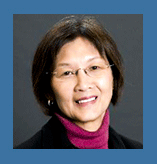
Vida Winans is a senior instructor and graduate student coordinator in the Department of Computer Science at the Illinois Institute of Technology. She has over 10 years of experience in leading efforts to broaden participation of underrepresented groups in computing. In particular, she has developed several effective models that provide informal learning opportunities for young women through summer camps that teach introductory computer science concepts and provide opportunities to explore and practice coding through interactive sessions.
Jamie Payton
Director, STARS Computing Corps
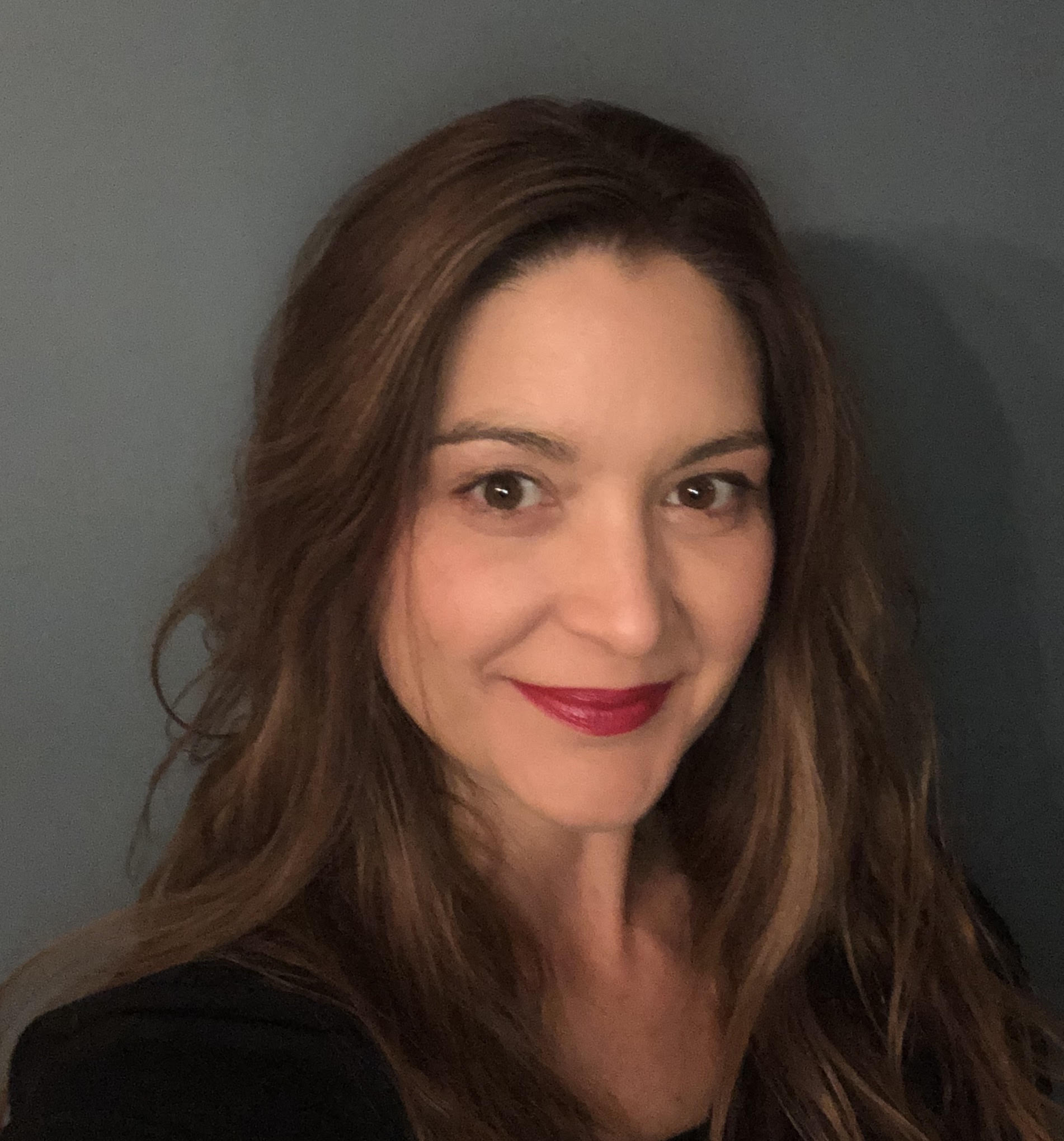
Jamie Payton is Chair of the Department of Computer and Information Sciences at Temple University. Her research interests include pervasive computing systems for smart health and well-being, broadening participation in computing, and evidence-based approaches to improving computer science education. She is the Director of the STARS Computing Corps, a national alliance with the mission to broaden participation of groups that are underrepresented in computing. With support from the National Science Foundation, the STARS Computing Corps operates as a community of practice that engages computing faculty and students at institutions of higher education (IHEs) with a shared commitment to take action to advance diversity, equity, and inclusion in computing. STARS has engaged more than 50 colleges and universities in projects designed to promote persistence by connecting computing to community and societal impacts, reinforcing computing knowledge through teaching and practice, and developing professional, entrepreneurial, and creative skills. STARS student members have positive gains in GPA, self-efficacy, computing identity, and commitment to computing, with enhanced outcomes for women, African American/Black, and Hispanic/Latinx students.
Through her work with STARS, Payton has also helped to foster an academic community centered around broadening participation in computing through the annual STARS Celebration conference, which builds capacity for students and faculty through education and ignites action for adoption of evidence-based BPC practices, and as a co-founder of the IEEE STCBP RESPECT research conference, which advances peer-reviewed scholarship on diversity, equity, and inclusion in computing. Payton is also a founding member of the Connected Learner project, which aims to revolutionize undergraduate computer science education by connecting students to peers, connecting students to the profession, and connecting computing to a purpose and by transforming faculty classroom practices and departmental culture to emphasize inclusive pedagogy.
Dr. Tiffany Barnes
STARS K12 CS Ed Panel Moderator
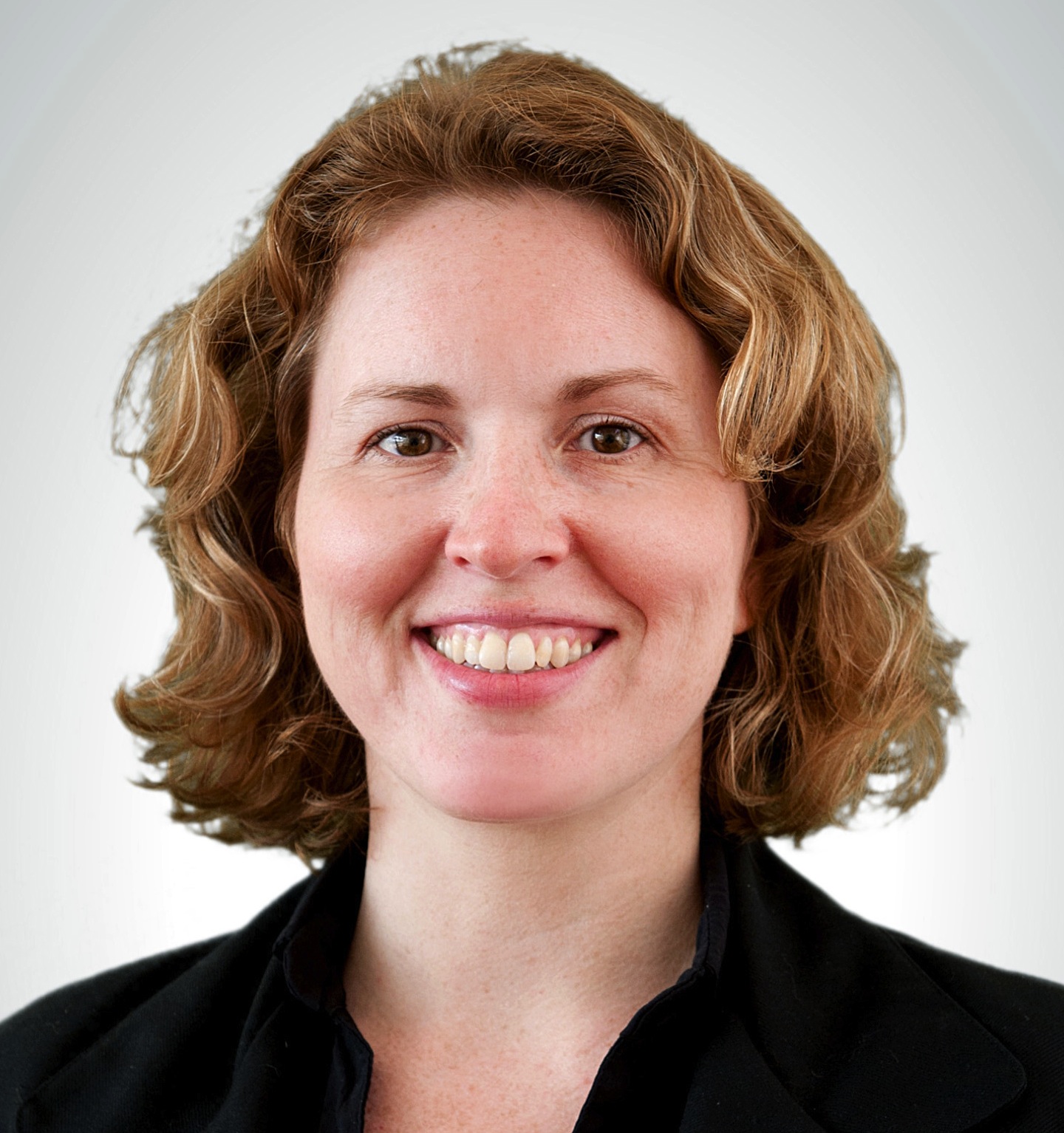
Tiffany Barnes is Professor of Computer Science at NC State University. She received the B.S. and M.S. degrees in Computer Science and Mathematics, and the Ph.D. degree in Computer Science from N.C. State. A member of Phi Beta Kappa and the NC State Golden Chain Society, she has served ACM SIGCSE (Symposium Chair 2018, Program Chair 2017, Board 2011-2016), IEEE Special Technical Community on Broadening Participation (Chair, and founder of the RESPECT conference (2015-present)), the International Educational Data Mining Society (EDM chair 2016, board 2011-present), STARS Computing Corps (Co-Director 2006-present, Celebration Chair 2011, 2015), Foundations of Digital Games (Program Chair 2014), the International Society for AI in Education (Board 2016-Present), and IEEE Transactions on Learning Technologies (Assoc. Editor 2016-Present). Dr. Barnes received an NSF CAREER Award for her novel work in using data and educational data mining to add intelligence to STEM learning environments. Dr. Barnes is the co-founder and co-Director for the STARS Computing Corps, a consortium of universities that engage college students in outreach, research, and service to broaden participation in computing. Her research focuses on AI for education, educational data mining, serious games for education, health, and energy, computer science education, and broadening participation in computing education and research.
Gyovanni Boston-Crompton
STARS Alumni Panelist

Gyovanni Boston-Crompton is a graduate of the University of North Carolina at Charlotte, where she earned a Bachelor’s and Master’s degree in Computer Science. As a student, Gyovanni served as the President of the UNC Charlotte Chapter of the STARS Computing Corps, leading several initiatives for broadening participation in computing, within the College of Computing and Informatics and within the Charlotte community. She is currently an Assistant Vice President and a technical analyst at Bank of America. In her spare time, Gyovanni is an avid crafter.
Chelsea Zackey
Program Coordinator, STARS Computing Corps
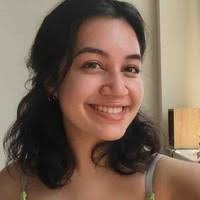
Chelsea Zackey is a graduate student and aspiring researcher serving as this year’s STARS Celebration Program Coordinator. She is currently pursuing her M.S. in Computer Science at Temple University this fall after having received her B.S. in Mathematics and Computer Science from the university the spring of 2019, graduating Cum Laude with distinction in the major. Though a longtime proponent for democratizing the information economy, Chelsea’s current work with the STARS Computing Corps has been her first opportunity collaborating with a group under the shared mission of broadening participation in computing. Prior to this, she has explored various ways to further this agenda through her various roles as a local community forum panelist; Peer Tutor at Temple’s Mathematics and Computer & Information Sciences (CIS) departments; volunteer mathematics tutor at the Philadelphia High School for Girls; Classroom Assistant for Temple’s Sonia Kovalevsky Day program; and former Vice President and President for Temple’s student chapter of the Association for Women in Mathematics (AWM).
Throughout her undergraduate years, Chelsea’s efforts have been recognized at the departmental, college, and university level. Based on her undergraduate research experience in computer science and desire to pursue a career in academia, she was selected by Elsevier as its 2019 Grace Hopper Celebration Temple scholar. Later that year, she was selected by the Mathematics department as their inaugural recipient of the Isaac Newton Award, as well as one of the recipients of the College of Science & Technology’s Francis James and Helen C. Sholomskas Award for Outstanding Students. Moreover, due to her work with expanding the infrastructure and presence of Temple’s AWM student chapter as president, she found herself in the company of the 2019 Diamond Award recipients, which is description regarded as the highest recognition by Student Affairs given to a Temple University undergraduate who has demonstrated superior leadership, academic achievement, service to the University, and impact on a community.
Dr. Huifang Zuo
STARS Celebration Featured Research Speaker

Huifang Zuo is a Research Specialist on the Outlier Research Evaluation Team for STEM Education at the University of Chicago . She is currently working on a range of research projects. She received her Doctoral Degree in Educational Research Methodology and M.A. in Geography Information Science from UNC-Charlotte. With specialty in quantitative methodology, her research has focused on STEM education, neighborhood analysis, self-efficacy, and learning English as a second language. She also conducted geography-related educational research with integrating GIS technologies into education to better explore and understand educational phenomena. Huifang also holds a M.A. in the major of Language Acquisition and Chinese Modern Literature from Beijing Normal University.
Dr. Samantha Finkelstein
STARS Alumni Panelist

Samantha Finkelstein is a UX researcher and designer. She earned a B.A. in Computer Science and and a B.A. in Psychology at The University of North Carolina at Charlotte’s Honors College. As an undergraduate research assistant, her work focused on designing technology-based learning experiences to empower marginalized populations. She earned her doctoral degree in computer science from Carnegie Mellon University. During her time at CMU, Samantha led research projects in the ArticuLab that focused on designing educational technologies to support rapport-building and feelings of community. She is a recipient of the NSF Graduate Research Fellowship and an IES Fellowship for Interdisciplinary Education Research.
Samantha is currently a Senior UX researcher at Chase. A central focus in her current work is on community, connection, listening, and authenticity.
